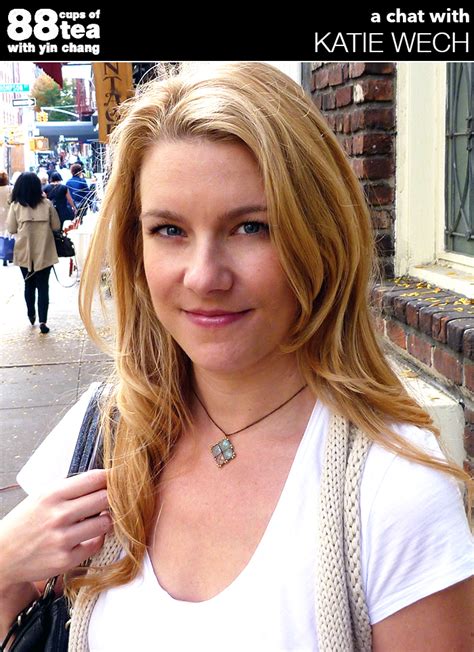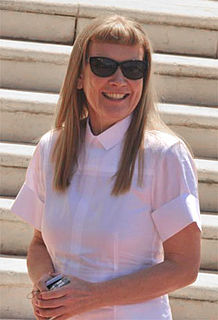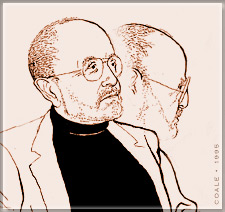A Quote by Katie Wech
Even if the experience in my stories is not autobiographical and the actual plot is not autobiographical, the emotion is always somewhat autobiographical. I think there's some of me in every one of the stories.
Related Quotes
It always seems to people that I'm avoiding saying, 'It's autobiographical,' but I really do believe that human beings make stories and they make themselves. If I told you the same story twelve years ago, I could have emphasized something different. The importance changes, the meaning of things shifts over time. Also, I think all art is autobiographical. Every endeavor is full of impressions of ourselves.
I have very rarely written autobiographical stuff. "Greasy Lake" and some other works have some autobiographical elements, as does "Birnam Wood," the one I chose to end [this collection] with. I lived in that house and some of my feelings are expressed in it, but it's not autobiography. It was not me and that didn't happen exactly that way.
Like most filmmakers and writers, there are roots in my own life, but they are stories that I invent. There was a period of time in my life when I made directly autobiographical films where I truly told what happened to me. But, now, I don't make directly autobiographical films anymore. I am more for renouncing that and being in front of history. The large part of my work tells about something I know. It's close.
I was influenced by autobiographical writers like Henry Miller, and I had actually done some autobiographical prose. But I just thought that comics were like virgin territory. There was so much to be done. It excited me. I couldn't draw very well. I could write scripts and storyboard style using stick figures and balloons and captions.































